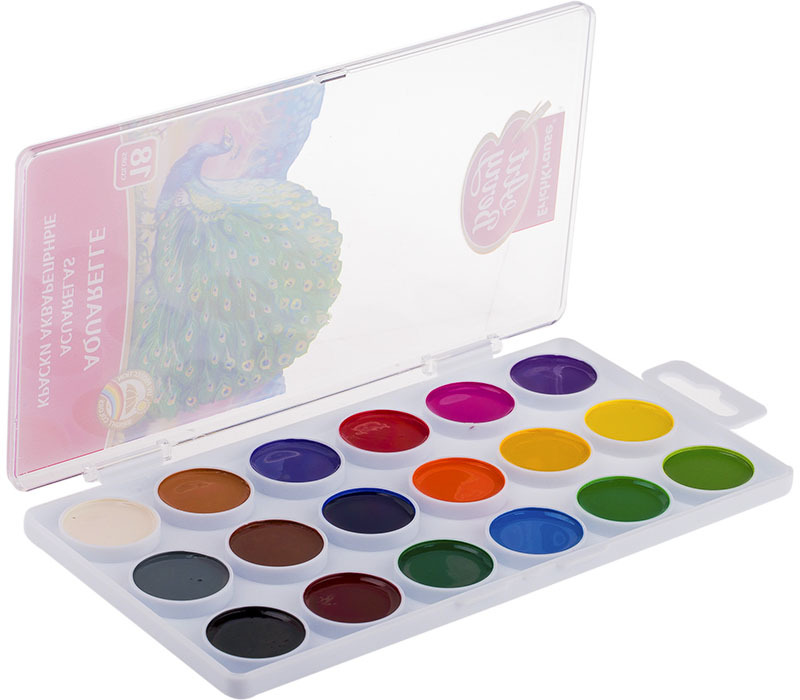
- Rigid water - what is it and how to determine the rigidity?
- How to soften hard water?
- Useful advices:
We can not do without water in our life - we drink it, wash it in it, use it for hygienic procedures and prepare food. Unfortunately, in most cases the water from the pipeline has a very high stiffness, so everyone has to think about how to soften the water at home.
to the contents ↑Hard water - what is it and how to determine the rigidity?
Water hardness is a chemical definition, implying an increased content of magnesium and calcium salts in it. In order to know if you need to soften the water in your home, determine its rigidity. At home, you can do this using several methods.
Soap
Whether ordinary household or toilet soap, it foams if it is wetted. But notice, if in your water soap foams badly and very little, then such water is stiff. The same happens with the powder. If the water is soft, there will be a lot of foam.
Important! This method does not give an accurate idea of the hardness of the water in your running water. But if you notice that you have poorly foamed detergents, it means that it is worth the alarm, and more carefully check your water.
Scum
 Another sure sign that the water should be carefully checked - a persistent scum on appliances in which you boil water. Hard water often leads to breakdown of machinery.
Another sure sign that the water should be carefully checked - a persistent scum on appliances in which you boil water. Hard water often leads to breakdown of machinery.
Conductometer
A conductometer is a special device for measuring the electrical conductivity of water, it is often used by people who keep aquariums at home. The instrument itself does not measure the rigidity, but with the help of tables and readings of the conductometer you can calculate the hardness of the water in your house.
Express test
In shops that specialize in goods for hospitals, and other government agencies, you can find indicators of rigidity. Such tests allow you to quickly and accurately determine the hardness of water.
to the contents ↑How to soften hard water?
So, you decided that this procedure is necessary for you, and the question: "How to soften hard water?" Has repeatedly visited your head. There are several methods for this, and each is used for different purposes. Consider them.
Boiling
The easiest method for softening water is, of course, boiling. You just boil the necessary amount of water and give it 15 minutes to settle, and then - drain everything except the sediment. But what is important, the dishes, in which you boil water, will eventually have to be changed due to the deposits that will arise on it.
Important! Flowers such water to water is not desirable, as with salts during boiling from water oxygen also leaves also.
Soda
Calcined soda is a good way to soften hard water for washing hair.
When combined with salts, a reaction takes place in the water, which turns harmful chemicals into insoluble chemicals, and this makes the water softer. To soften the water with soda, add 1-2 teaspoons of soda to the bucket, and you will have soft water to use.
Reverse osmosis
This way to soften water is based on the fact that water passes through semipermeable membranes. They hold up not only salts, but during the filtration, viruses and bacteria are delayed. The efficiency of water purification in this method is almost equal to 100%.
Important! The only drawback of such a system is that together with harmful substances, very useful substances are removed from the water.
Soothing salts
 This product is available in the form of tablets and is used to preserve the life of dishwashers. Such a tablet is placed inside the machine. The amount of the drug is determined by the degree of water hardness. Often in cars there is a built-in indicator, which notifies you about the need to add a tablet.
This product is available in the form of tablets and is used to preserve the life of dishwashers. Such a tablet is placed inside the machine. The amount of the drug is determined by the degree of water hardness. Often in cars there is a built-in indicator, which notifies you about the need to add a tablet.
Filters-jugs
Sufficiently volumetric containers in the form of a jug with the presence of a cleaning cartridge with a filter element. Nowadays this is the most accessible way of cleaning and softening water. In such jugs, you need to change the cartridges every 1-2 months of use. The frequency of the shift depends on the hardness of the water and the number of family members.
Magnetic filter
Not a chemical method of how to soften hard water. The device consists of 2 magnets, which create a magnetic field that facilitates softening. Also, such a filter is able to remove various impurities from the liquid.
Important! Since this method is little studied about the effect of purified water on a person, it is used mainly only in boiler rooms, where the result of the operation of this device is visible to the naked eye.
Ion-exchange softeners
Such devices have in their design 2 reservoirs: one - holds ion-exchange resin, the second - salt solution. The water passing through the first tank is cleaned of the salts, which give it rigidity, and passing through the second one is supplied with sodium ions, which make the water softer.
Freezing
In order not to lose oxygen from water, which is very necessary for such purposes as irrigation or watering of flowers, freezing can be applied to it. But you will have to fully control this process. Its essence lies in the fact that the salts freeze in the last place.
To soften the water in this way, do the following:
- Put water in the container.
- Wait until it is almost completely freezing.
- Drain off any un-frozen water.
- Melt the ice.
That's the whole procedure. The softened water is ready for use.
Water for domestic use
You can soften water for domestic use with sodium hydroxide. Just add them together with cleaning products. This method does not remove salt from the water, but does not allow them to combine with the molecules of the foam. This greatly simplifies the foaming of cleaning agents.
To soften hard water for a washing machine you will be helped by special household products, which are sold in household chemical shops. A vivid example of such a tool is Calgon.
to the contents ↑Useful advices:
- Water softening results in immediate savings of detergents, which in turn saves you money. When using soft water, detergent-cleaning means you need much less, as well as hygienic means.
- Significantly reduce the consumption of electricity, as the above procedures will be faster and less frequent than it was before.
- Soft water will save your appliances for a long time.
- The drawback is that almost all ways of how to soften water require money. But they pay off with what you then save with soft water.
Now, knowing how to soften the water for different purposes, you can make your life a little easier, giving you saved time and money for more needed things. Adhere to our advice and enjoy the softness of the water in your running water for a long time!



